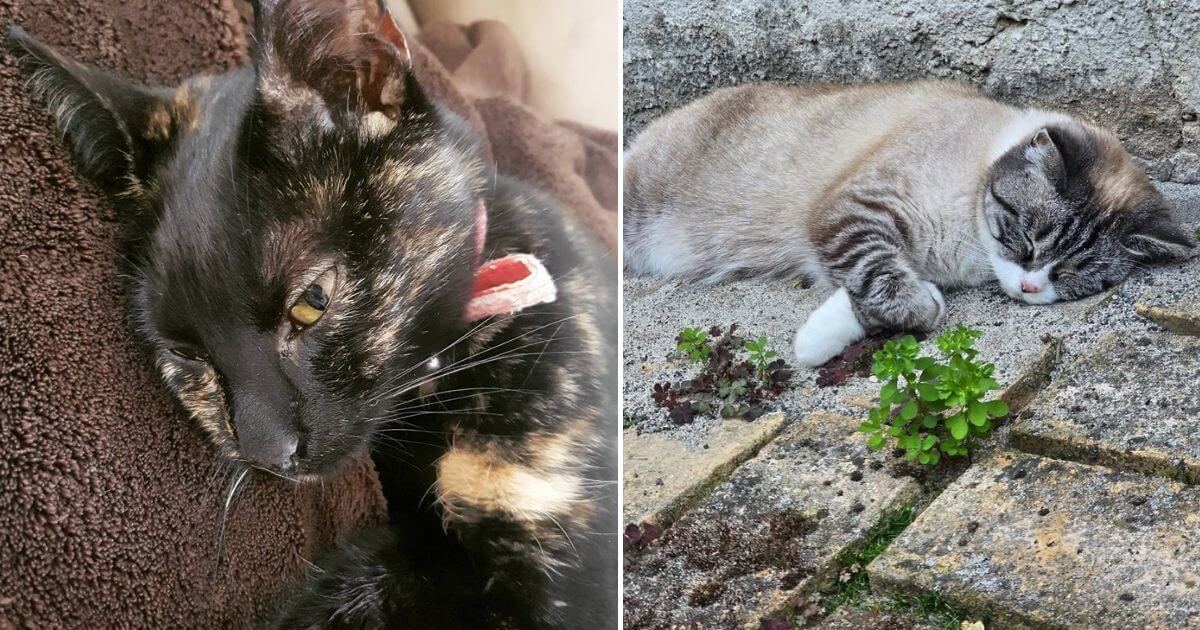Who’s Killing the Cats? 13 Pets Dead as Pet Owners Terrified

In very disturbing news, we have found that over 13 cats have been poisoned in the last 2 weeks in Waikiki, Hawaii.
Not one, not two, but thirteen cats who were loved by their owners, who had no enmity with anyone, were poisoned.
The entire community has been left heartbroken, and they are all looking for the serial killer.
This article breaks down everything we know about what’s happening, who might be behind it, and what’s being done to stop it.
Keep reading, because this isn’t just a story about cats—it’s a story about trust, fear, and a neighborhood that’s been shaken to its core.
When Did the Cat Killings Begin?
It all started in mid-June. Cat caretakers and concerned neighbors in Waikiki began noticing something was wrong—sudden disappearances, unusual behavior, and then, the heartbreaking discovery of lifeless bodies.
These weren’t random feral cats.
Many of them were neutered, microchipped, and part of managed colonies.
Others were semi-domesticated, living peacefully around buildings and parks with locals feeding them daily.
By the end of June, the death toll hit 13. And counting.
Signs Point to Poisoning
According to reports from animal welfare groups and the Honolulu Police Department, the suspected cause of death is poisoning.
Here’s what we know:
- Several cats were found foaming at the mouth or exhibiting signs of distress before dying
- Toxicology results are pending, but initial assessments suggest ingestion of harmful substances
- The deaths have occurred in the same general area of Waikiki, mostly within a few blocks
This wasn’t an accident. Investigators believe this was intentional.
What the Community Is Saying
Locals are devastated—and angry.
Many have cared for these cats for years. Some would set out food daily, others brought medical aid when needed.
These weren’t “stray animals” in their eyes. They were family.
A few voices from the community:
- “I’ve been sitting out here until 5 in the morning every night… making sure they’re safe.”
- “Someone out there thinks these lives don’t matter. But they do. They mattered to us.”
Social media is now filled with tributes, angry posts, and calls for justice.
What Authorities Are Doing
The Honolulu Police Department has launched an animal cruelty investigation, working closely with the Hawaiian Humane Society.
As of now, there are no suspects named publicly.
Here’s what’s in motion:
- Witnesses are being interviewed
- Surveillance footage from local buildings is being reviewed
- Necropsies (animal autopsies) are being conducted to confirm the cause of death
Anyone with tips is being asked to call CrimeStoppers at (808) 955-8300.
Could This Be a Repeat Offender?
There’s growing concern that this may not be an isolated incident.
While Waikiki is now in the spotlight, residents in other parts of Honolulu have reported past poisonings—some unconfirmed, others brushed aside as accidents.
This raises the unsettling question:
Has someone been doing this longer than we realized?
What Pet Owners and Caregivers Can Do Right Now
If you live in or near Waikiki and care for outdoor pets or community cats, here are a few precautions to take:
- Bring your pets indoors, especially at night
- Avoid leaving food bowls out where they could be tampered with
- Check hiding spots around buildings or bushes where cats may rest
- Document everything — take photos, write down dates, and report anything unusual
- Talk to neighbors — the more people looking out, the better
This is the time to come together.
Why This Story Matters So Much
This isn’t just about cats. It’s about the deep emotional connection between people and animals. It’s about safety in a community. And it’s about standing up for the voiceless.
These cats didn’t just vanish—they were taken. And until someone is held accountable, no animal is truly safe.
Share This to Help Stop the Killing
If this story moved you, please share it.
Whether it’s with local friends, online groups, or your neighborhood watch, getting this story in front of more people could save lives.
And if you’re a pet parent who’s ever loved an animal like family—you know just how painful this is. Help spread the message.
Your one share can save lives if it reaches the right people at the right time.
